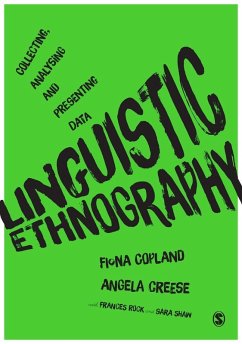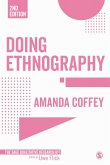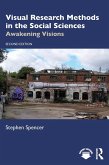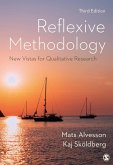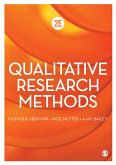This is an engaging interdisciplinary guide to the unique role of language within ethnography.
The book provides a philosophical overview of the field alongside practical support for designing and developing your own ethnographic research. It demonstrates how to build and develop arguments and engages with practical issues such as ethics, transcription and impact.
There are chapter-long case studies based on real research that will explain key themes and help you create and analyse your own linguistic data. Drawing on the authors' experience they outline the practical, epistemological and theoretical decisions that researchers must take when planning and carrying out their studies.
Other key features include:
This book is a master class in understanding linguistic ethnography, it will of interest to anyone conducting field research across the social sciences.
The book provides a philosophical overview of the field alongside practical support for designing and developing your own ethnographic research. It demonstrates how to build and develop arguments and engages with practical issues such as ethics, transcription and impact.
There are chapter-long case studies based on real research that will explain key themes and help you create and analyse your own linguistic data. Drawing on the authors' experience they outline the practical, epistemological and theoretical decisions that researchers must take when planning and carrying out their studies.
Other key features include:
- A clear introduction to discourse analytic traditions
- Tips on how to produce effective field notes
- Guidance on how to manage interview and conversational data
- Advice on writing linguistic ethnographies for different audiences
- Annotated suggestions for further reading
- Full glossary
This book is a master class in understanding linguistic ethnography, it will of interest to anyone conducting field research across the social sciences.
Dieser Download kann aus rechtlichen Gründen nur mit Rechnungsadresse in A, D ausgeliefert werden.

